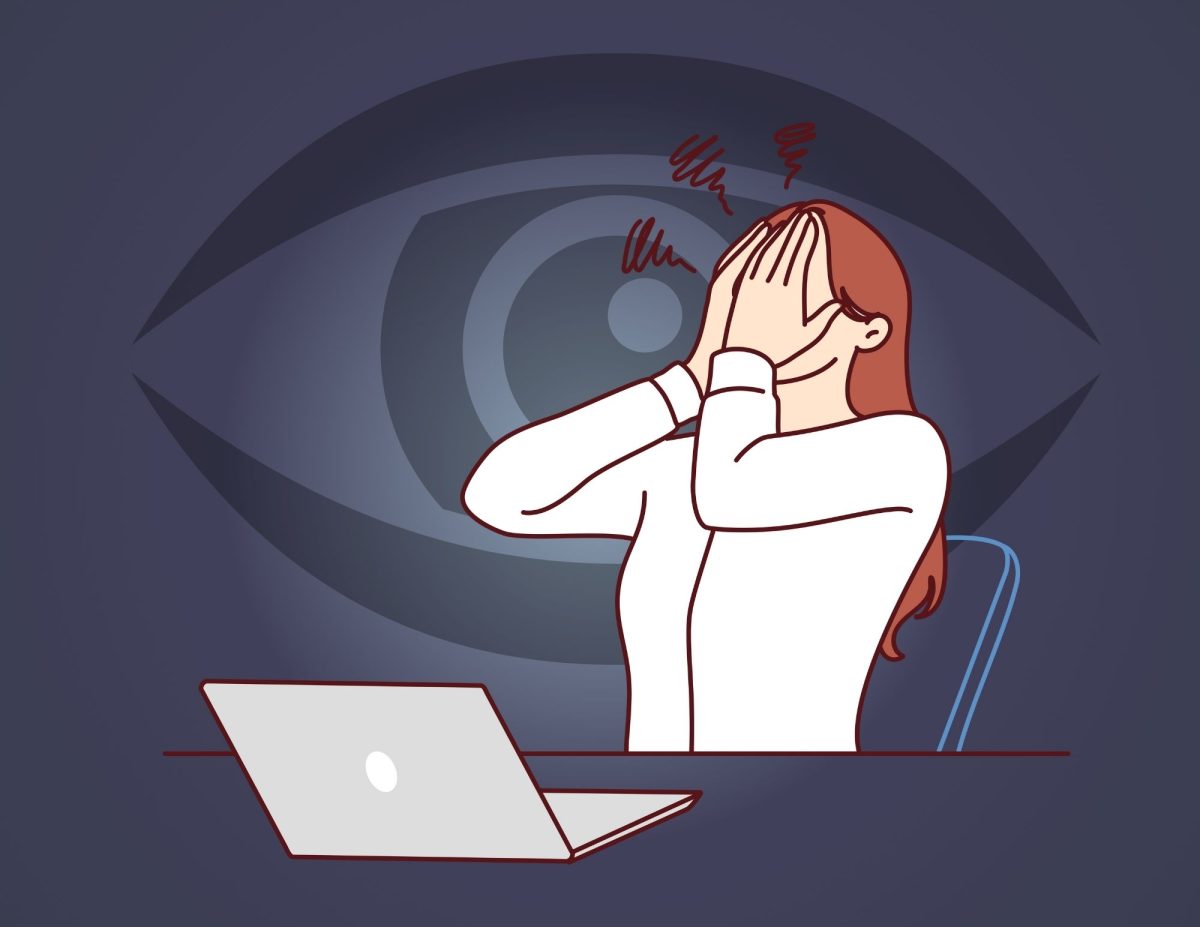What does it mean to have a “safe space”?
Some people would simply define it as a space that is safe. But what does that really mean? Does that mean that the space is safe for you physically, or can it have a deeper meaning?
For some, safe spaces are a place that they can discuss topics that are concerning to them without receiving backlash, or a place to be surrounded by other like-minded people. For college students, this can be especially important because everyone has different opinions.
Safe spaces for students need to exist on campus. Maybe you’re LGBTQ or a person of color, or maybe just a person who has feelings about a subject that they feel is important to discuss. Colleges should provide those spaces for students without question. It’s their duty to create the safest and most productive learning environment that they can.
And for a lot of students, safe spaces do take on a deeper meaning. For some students, this is the only place they can be themselves.
Students of all backgrounds should have a space where they feel safe. Just because someone’s opinion differs from another’s doesn’t mean that they should feel threatened.
On the other hand, it’s no secret that my generation has been accused of being “oversensitive” and constantly playing the victim. So, it’s no surprise as to why Fox News wrote an article questioning whether safe spaces are undermining the First Amendment, our right to speak freely as citizens of this country.
In reference to the creation of safe spaces on college campuses, UCLA professor Eugene Volokh goes on to criticize in this article that “the word safe conveys the image of a violent attack and turning it into ideas and statements we find offensive.” He then says that “there is no right to be safe from that” and “that is a direct contrary to what campuses are all about.”
This is an interesting point to explore. What the professor is saying is that students need to be prepared for real life, that being able to have a space to chat about things that concerns them will only hinder them.
But is this the way to go about it? If the “safe spaces” are hindering the emotional growth for students to handle the harsh realities of life, then why do so many students feel that it’s necessary? Why do safe spaces exist in the first place?
The answer seems pretty simple: students are feeling underrepresented, or even worse, misrepresented in their own college campus and need a place to be themselves. And since when did being yourself on campus become such a problem?
The main concern of many staff members on college campuses is that safe spaces “coddle” the students. But what does coddle mean? The whole idea behind coddling is overprotection. So, the staff believes that safe spaces are hurting students.
But a Washington Post article made this point: “Telling students either explicitly or implicitly that they should grin and bear it is the last thing one should do as an educator. Yet that is essentially the gospel that the ‘wait until the real world’ parishioners would have many of us adopt.”
It makes one wonder: what kind of world do we live in that students feel they need safe spaces to talk? And what kind of educators do we have that demote the idea of a safe existence?
People go to college so that they can enhance, educate and better themselves. They also go to college to have discussions with other students, to find people that are like-minded. And of course, there will be people who don’t agree and those people may not provide an atmosphere that makes the other person feel safe. So why not create spaces for people to talk freely?



